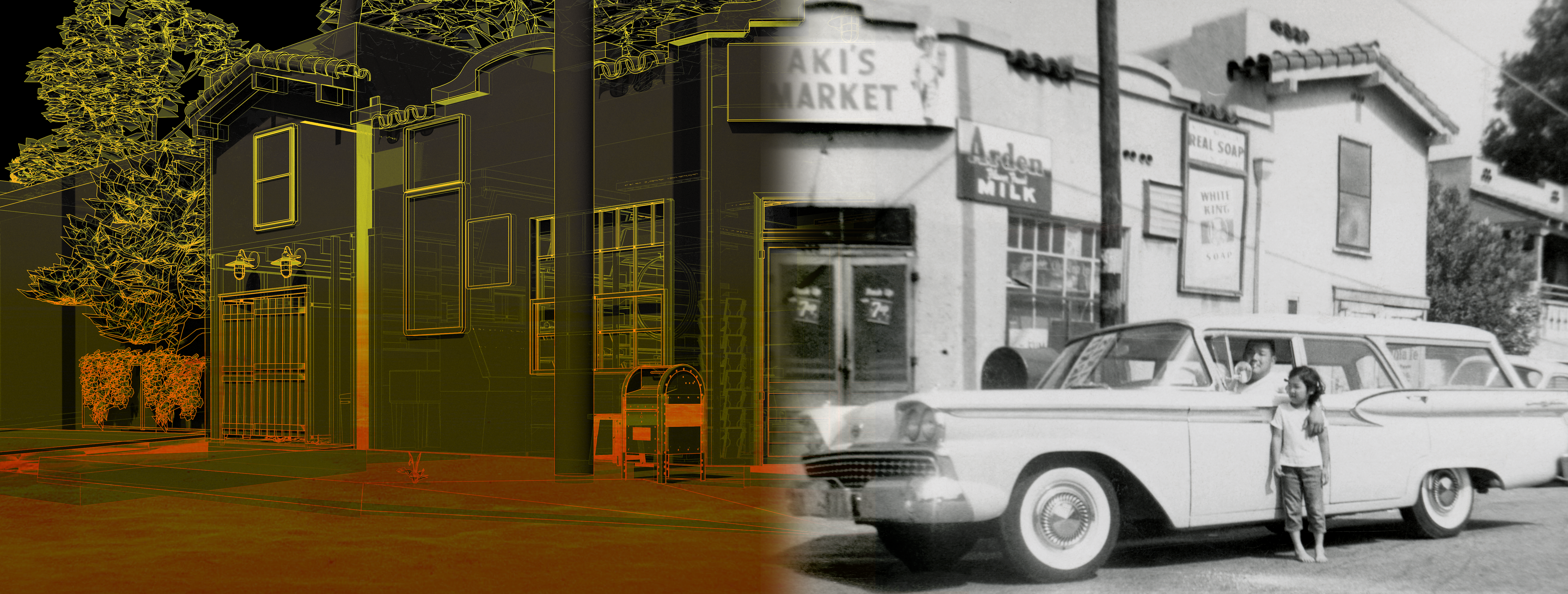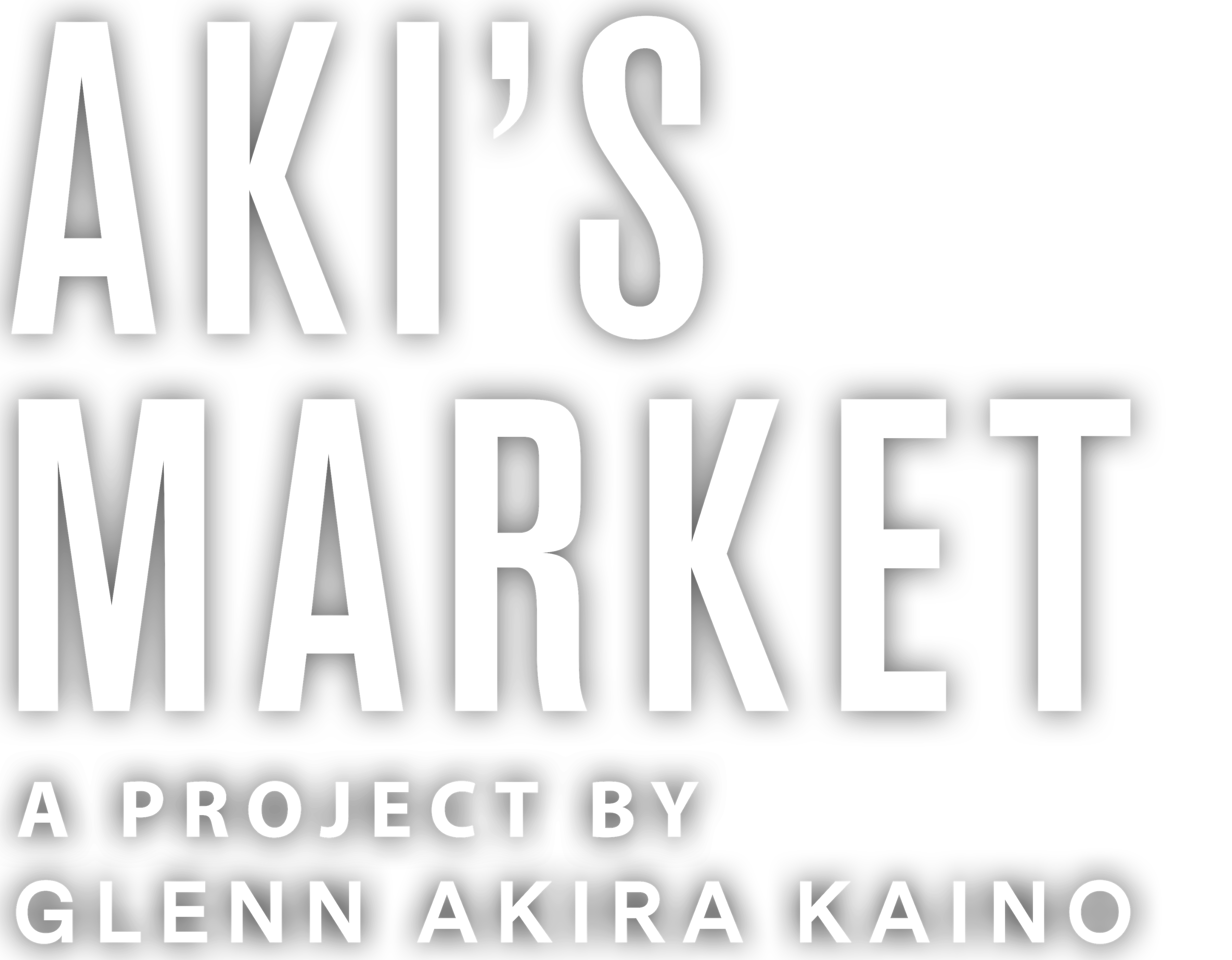By Christopher Knight
July 25, 2023
“Aki’s Market,” a new, multilayered installation by Los Angeles-based artist Glenn Kaino, erects a captivating theater of dreams. By turns savvy, surprising and sweet, the provocative motif is the construction of a personal image of a deeply important place — one where the artist has never actually been.


